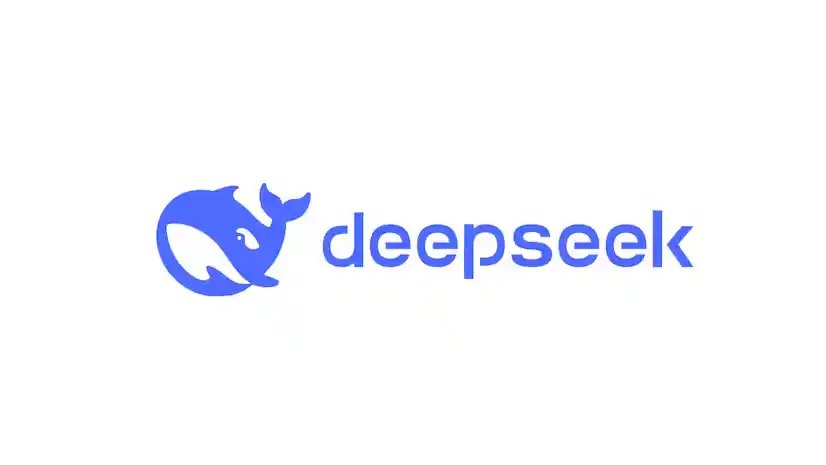Can We Invest in DeepSeek? A Comprehensive Guide
Contents
Artificial intelligence (AI) is reshaping industries, and companies like DeepSeek a rising star in China’s AI sector are at the forefront of this transformation. For investors eyeing the next big opportunity, the question arises: Can we invest in DeepSeek? This blog post dives into the company’s background, investment avenues, risks, and future potential.

What is DeepSeek?
DeepSeek is a Chinese AI research and development company focused on advancing artificial general intelligence (AGI). Founded in 2023, the company has quickly gained attention for its cutting-edge language models (e.g., DeepSeek-R1 and DeepSeek Chat) and applications in enterprise solutions, healthcare, and finance. Unlike consumer-facing AI giants like OpenAI, DeepSeek emphasizes vertical integration, tailoring AI tools for specific industries. Its rapid progress has sparked curiosity among investors seeking exposure to China’s booming AI market.
Is DeepSeek a Publicly Traded Company?
No, DeepSeek is currently a private company. As of July 2024, it has not conducted an initial public offering (IPO) on any stock exchange. This means retail investors cannot directly purchase shares through platforms like the NYSE or NASDAQ. However, private investment opportunities may exist for qualified investors.
Potential Investment Avenues
While direct retail investment isn’t feasible today, here are potential pathways to gain exposure to DeepSeek:
1. Venture Capital (VC) and Private Equity
DeepSeek has raised funding from prominent venture capital firms and strategic investors. While details of its funding rounds are not fully public, private equity investors with connections to China’s tech ecosystem may access pre-IPO opportunities. For example, its $300 million Series B round in early 2024 included backers like Tencent and Sequoia Capital China.
Who can invest?
- Institutional investors.
- High-net-worth individuals (accredited investors) via private placements.
2. Secondary Markets
Private shares of companies like DeepSeek occasionally trade on secondary markets (e.g., EquityZen or Forge Global). These platforms allow investors to buy stakes from early employees or existing shareholders. However, liquidity is limited, and access varies by region.
3. Indirect Exposure
If direct investment isn’t possible, consider:
- AI-focused ETFs: Funds like the Global X Robotics & AI ETF (BOTZ) or iShares Robotics and Artificial Intelligence ETF (IRBO) include companies in the AI ecosystem.
- Publicly traded partners: Invest in firms collaborating with DeepSeek, such as cloud providers (Alibaba, Tencent) or hardware suppliers (NVIDIA).
Risks and Challenges
Investing in private AI companies like DeepSeek carries significant risks:
- Regulatory Uncertainty
China’s AI sector faces evolving regulations, including data privacy laws and restrictions on AI model exports. Government policies could impact DeepSeek’s growth trajectory. - Technical and Market Risks
AGI remains a long-term, unproven goal. Competitors like Baidu’s Ernie Bot or OpenAI could outpace DeepSeek in innovation. - Liquidity Constraints
Private investments are illiquid. Exiting before an IPO or acquisition could be difficult. - Geopolitical Tensions
U.S.-China tech rivalry may affect cross-border investments or market access.
DeepSeek vs. Other AI Investments
| Aspect | DeepSeek | Public AI Companies (e.g., NVIDIA, Microsoft) |
|---|---|---|
| Accessibility | Private (limited to accredited investors) | Publicly traded (accessible to all) |
| Growth Stage | Early-stage, high-risk/high-reward | Mature, stable revenue streams |
| Focus | AGI and vertical AI solutions | Broad AI infrastructure and applications |
Future Outlook: Will DeepSeek Go Public?
While DeepSeek hasn’t announced IPO plans, its rapid growth suggests a public listing could materialize in the next 3–5 years. Key factors to watch:
- Revenue Growth: Enterprise adoption of its AI tools.
- Regulatory Climate: China’s stance on AI exports and data governance.
- Market Competition: Ability to differentiate from rivals like SenseTime or DeepMind.
Expert Opinions
- Li Zhang, Tech Analyst at CITIC Securities: “DeepSeek’s vertical AI approach gives it an edge in sectors like healthcare, but scalability remains a challenge.”
- Global AI Forecast: The Chinese AI market is projected to grow at 25% CAGR through 2030, driven by government support and enterprise digitization.
Legal and Practical Considerations
- Due Diligence: Verify DeepSeek’s financials and partnerships through trusted channels.
- Cross-Border Rules: Non-Chinese investors may face hurdles due to capital controls.
- SPV Structures: Some funds pool investor capital via special purpose vehicles to access Chinese startups.
Conclusion: Should You Invest in DeepSeek?
For now, retail investors cannot directly invest in DeepSeek, but accredited investors may explore private placements or secondary markets. Indirect exposure via AI ETFs or partners offers a safer route.
Key Takeaways:
- DeepSeek is a high-potential but high-risk bet on China’s AGI ambitions.
- Monitor IPO announcements and regulatory developments.
- Diversify across AI sectors to mitigate risk.
As the AI race accelerates, DeepSeek’s journey will be one to watch. Stay informed, assess your risk tolerance, and consult financial advisors before making moves in this dynamic space.
Disclaimer: This post is for informational purposes only and does not constitute financial advice. Investing in private companies involves significant risk.


Reviews